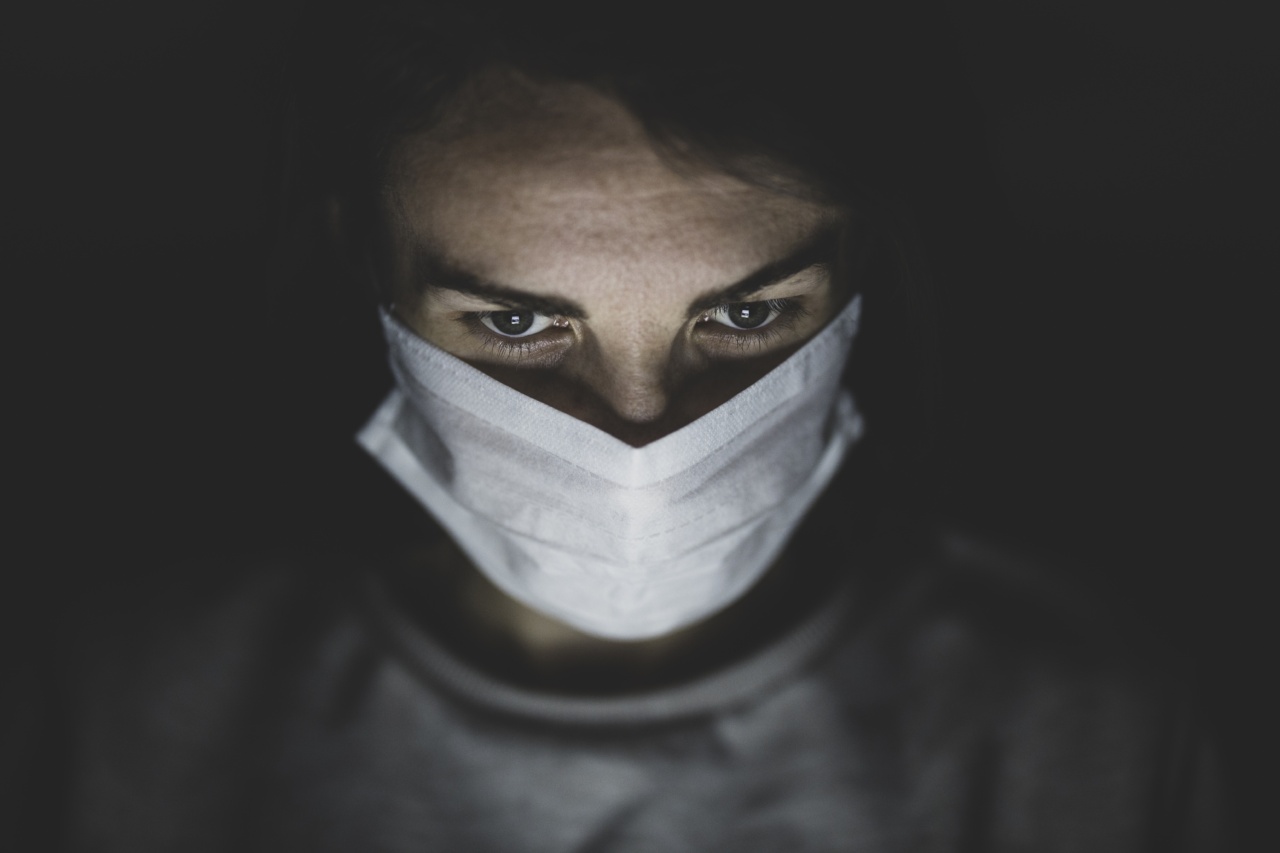Meningitis is an infection that can affect the brain and spinal cord. It is a serious condition that can be life-threatening, so it is important to be familiar with the symptoms and know how to prevent it.
This article will provide an overview of what meningitis is, the symptoms to watch out for, and actions you can take to prevent getting it.
What is Meningitis?
Meningitis is an inflammation of the protective membranes around the brain and spinal cord. In most cases, meningitis is caused by a bacterial or viral infection.
Bacterial meningitis is the more severe form of the disease and can cause significant harm if not treated promptly. Viral meningitis, while less dangerous, can still make you very sick and should be taken seriously.
Symptoms of Meningitis
The symptoms of meningitis can vary depending on the person and the type of meningitis. Below are some common symptoms to look out for:.
1. High fever
A sudden high fever is often a clear sign of meningitis. The fever may come on quickly and be accompanied by chills and sweating.
2. Headache
A severe headache is also a common symptom of meningitis.
It may come on suddenly and be very intense.
3. Stiff Neck
A stiff neck is another classic symptom of meningitis. It may be difficult to bend your neck forward, and you may experience pain or discomfort when trying to do so.
4. Sensitivity to Light
Meningitis can cause sensitivity to light, making it difficult to be in bright areas. This symptom is known as photophobia.
5.
Nausea or Vomiting
Meningitis can also cause nausea and vomiting, which may lead to dehydration.
6. Skin Rash
A rash that appears suddenly on the skin is another symptom of meningitis. The rash may have a reddish or purple color and not disappear when you press on it.
Preventing Meningitis
There are several actions you can take to prevent meningitis from affecting you or those close to you. These include:.
1. Vaccination
Vaccination is the most effective way of preventing meningitis. There are vaccines available for several types of meningitis, including bacterial meningitis.
It is important to speak with your doctor about which vaccines you should receive based on your age and health history.
2. Practice Good Hygiene
Washing your hands regularly and avoiding contact with people who are sick can help prevent the spread of meningitis. This is particularly important if you work in healthcare or other high-risk environments.
3. Cover Your Mouth and Nose
When coughing or sneezing, be sure to cover your mouth and nose. This can help prevent the spread of germs that cause meningitis.
4. Don’t Share Personal Items
Sharing personal items like drinking glasses, utensils, or toothbrushes can increase your risk of contracting meningitis. Make sure to keep your personal items separate from others, especially during illness or when sharing a living space.
Conclusion
Meningitis is a serious and potentially life-threatening condition. If you or someone you know is experiencing symptoms of meningitis, seek medical attention immediately.
By taking preventive measures like getting vaccinated and practicing good hygiene, you can significantly lower your risk of contracting meningitis and protect yourself and those around you.































